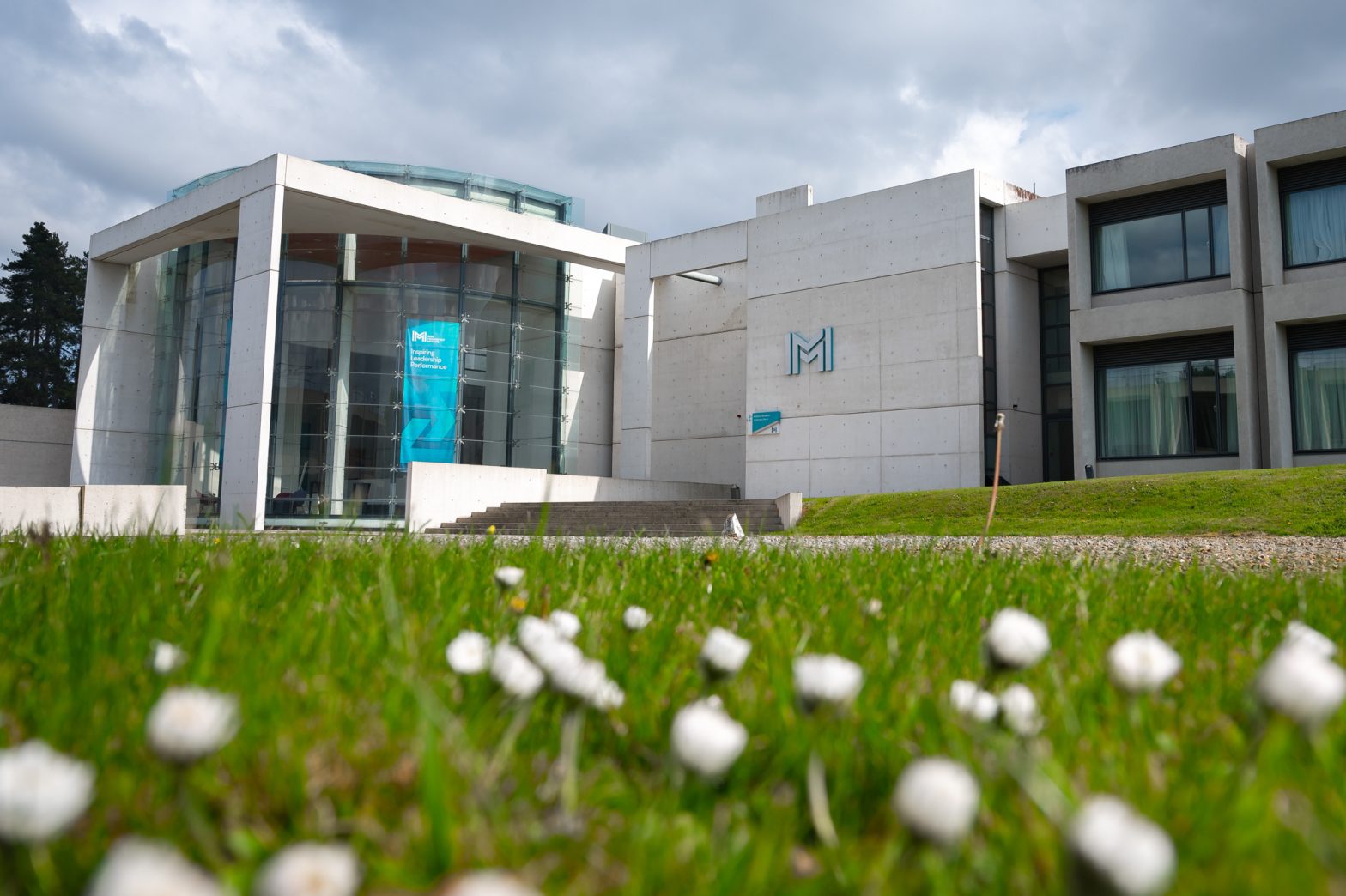Event Insights: Leading Beyond with Dr Eden Charles
By Farah Barry | 10th March 2023
In the first IMI Mini-Masterclass of 2023, Dr Eden Charles gave IMI members some thought-provoking insights into the purpose of leadership, and how we can be aware of the differences between some key concepts like equality, equity and justice.
Eden has drawn on his experiences growing up in the working-class area of Brixton to inform the advice he now offers to leaders and aspiring leaders. Firstly, leaders are people who disrupt their own thinking, their own knowledge, and their own perspectives. It’s through disrupting themselves that they can begin to disrupt others.
Eden asked our business leaders to answer a simple question in the webinar chat: What is the purpose of your leadership? The answers were wide-ranging, from “to support and develop my team” and “to guide, challenge and inspire”, to “help the organisation reach its goals” and “be a good listener”. The purpose is the most important foundation of leadership.
For a second small activity, Eden asked us to envision what our leadership would look like, visually. Again, we got a range of answers, from a mighty lion, to a blissful nursery of plants. Take some time to think about what your own style of leadership would look like. Does the way in which you lead help other people? Does it help our society to survive and thrive?
Eden finds that many people just want to become a leader because they’re ready to take the next step in their careers, not because they have the purpose planned out. That’s simply not enough in a world that’s facing existential challenges like ours is.
Leadership is done with and through others. As a leader, you don’t need to have all the answers, but what you do need is a clear vision and a way of supporting other people to help create the outcome you want. Leadership should be relational and inspirational – helping people to feel like they are something, and that they can achieve something.
And what’s the difference between leadership and management? Management is about getting by – doing the things that need to be done. But leadership is about transcending. It’s about the vision, and it’s about who they are and what they believe they can do. Leaders need to ask difficult questions and find different ways of doing things. This is why leadership (but not necessarily management) can exist at any level of the organisation. It’s accessible to anyone who is willing to take a proactive role.
With leadership and change being inextricably linked, it makes sense to discuss the different orders of change. Eden laid out three of these for us, but it was brought up in discussion that there might even be a fourth order. That’s something for you to reflect on.
The first order of change is to improve the existing. This is what a lot of policies (in organisations and even in politics) are based on. The first order is about improving things that are blatantly wrong. That’s where the notion of equality comes in – giving everyone the same tools to fix the problem, rather than identifying the source and giving individuals tools that are helpful to their specific situation.
The second order is determining the underlying causes. What is causing the issue and what drives it? For example, it’s finding out where racism or sexism comes from. But the issue with the second order is that you’re still working within the same paradigm, and solutions will still be based on the interests of the group that has the control and the power.
Which brings us to the third order, which is transforming self for action. You can have the understanding of what a change requires, but you have to look at yourself in order to develop the ability to actually make that change. If you want to live by certain values that enable humanity to flourish, what do you need to do?
Eden talks a lot about diversity throughout his session. A lot of us go to work supressing who we are – whether that takes the form of changing our accents, changing the way we dress in order to fit in, or behaving in certain ways. We need the kind of leadership that can bring together people from different backgrounds and work on how we can move forward with them, rather than making them adapt to certain constructs. Leaders need to think about how we use their differing perspectives to achieve shared goals.
It could be said that there are three components to leadership:
Discovery: Appreciate what people have done, recognise their strengths. If you want to bring about change, part of your job is to recognise what is new and notice it and recognise it, but not just that – you also need to make it available for other people.
Dream: Imagine what might be! We need leaders who are dreamers. People who can think about the impossible and the ridiculous, and how they can utilise it.
Design: We need people who can practically design a new future. Leaders who can think about ways of working that can make a real difference.
In summary, it can be said that leadership always needs a purpose, and that purpose should help our society flourish. If you’re leading for the sake of leading, you simply won’t be successful.
—
IMI Members get access to a range of in-person and virtual events. To find out more about membership please visit this page.



